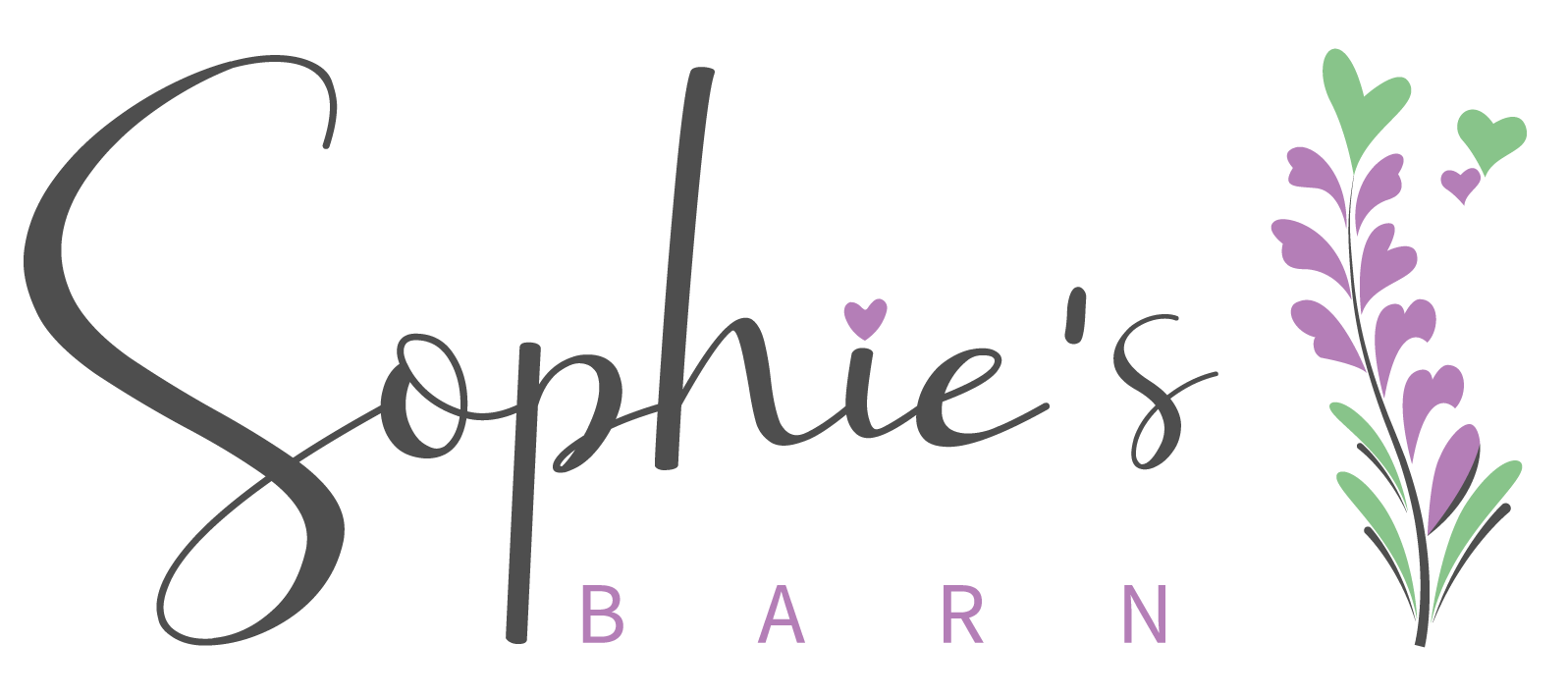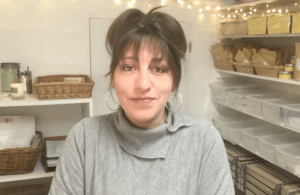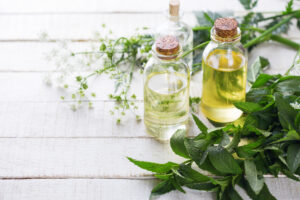Plastic. It’s absolutely everywhere. From microplastics found in the water we drink to the great Pacific garbage patch – currently the size of Texas, there’s no doubt about it – we’re drowning in the stuff.
Most plastic is single use and can take up to 1,000 years to degrade. Even though there are efforts to recycle it, it’s nowhere near enough. Currently most plastic ends up in landfill, or worse still, at the bottom of the ocean.
The global appetite for plastic currently stands at around 300 MILLION tonnes per year. It takes minutes to consume a bottle of water and centuries for that bottle to degrade. It doesn’t take an expert to calculate that there just isn’t enough room on our planet for all that waste.
Plastic has far reaching consequences, from killing vast amounts of wildlife to clogging up waterways and polluting almost every corner of the planet, there’s no doubt about it. We all need to start taking steps to reduce our use of plastic.
Fortunately, there are a number of easy things you can start doing almost immediately to curb the amount of plastic coming into your home. These are easy adjustments to make and if we all started doing them, imagine the difference it would make!
Here are ten alternatives to plastic you can start using today:
Cling film
Cling film does a great job of protecting food but it’s a single use product. There are some fab alternatives to cling film available. In fact, you probably already have a few of these items lurking in a cupboard somewhere:
- Glass jars – There’s no shortage of jam jars, pickle jars etc. Their very job is to protect food so they are the perfect old-skool thing to store leftovers in.
- Plastic tubs – Yes, we know we mentioned the P word but most homes already have a plethora of reusable plastic containers. Instead of using clingfilm – you may as well use what you’ve already got.
- Beeswax or Soyawax wraps – These have gained in popularity in recent times. They’re fabric wraps coated in wax so they work like clingfilm but can be washed and reused over and over again.
Coffee cups
Our love-affair with coffee isn’t going anywhere and unfortunately, neither are the disposable cups that the coffee comes in.
The cups are plastic-lined and are unrecyclable so every single one of them ends up dumped.
Most decent coffee places now offer a reusable coffee cup and lid so make sure you invest in one the next time you want a take-out coffee.
Condiments
Most of the popular condiments such as mayonnaise and ketchup are available in both glass and plastic bottles.
By buying the glass versions, you’ll sacrificing a tiny bit of convenience but using a lot less plastic.
A hidden benefit is that the glass versions are often better value. Win win!
Shampoo and conditioner
Lately, solid haircare products have come along in leaps and bounds and now do just as good a job as their plastic bottled counterparts.
Solid shampoo and conditioner bars don’t require any plastic packaging and often contain a lot less chemical nasties than liquid versions.
Soap
Liquid soap is as unnecessary as the plastic that contains it. When did a good, old-fashioned bar of soap fall out of favour?
The thing is, a bar of soap does just as good a job of cleaning the body as liquid soap and is often kinder to the skin.
If you’re grossed out by the thought of sharing a bar of soap, you can give each family member their own bar in a personalised soap-bag.
Dish sponges
Those inconspicuous green and yellow sponges can be found next to countless kitchen sinks around the world but most people don’t even register that they’re made of plastic. Worse still, the rubbing motion used when washing up causes billions of microplastics to be released into the waterways. After about a week, the sponge becomes icky and unusable and therefore destined for landfill.
Good alternatives to plastic dish sponges are:● Wooden brush with natural fibre bristles – these last for ages, get things really clean and will biodegrade when finished with● Hemp dish cloth – A super-durable material, hemp dish cloths can be washed and reused over and over again
Nappies
Disposable nappies are made from plastic and wood pulp. Besides the huge use of plastic, shockingly, seven million trees are cut down in the UK each year to be used as wood pulp in nappies.
A baby requires around 6,000 nappies before they’re potty trained. Multiply that figure by the amount of babies born each year and you can quickly see how much of a problem this creates.
Modern reusable nappies are surprisingly simple to use and come in a plethora of beautiful and funky prints. One baby only needs about 25 washable nappies and can be used on multiple children making them a perfect cost-effective way to eliminate a lot of plastic waste.
Wet-wipes
Wet-wipes are a real problem. Most people don’t realise they contain plastic and flush them down the toilet. This creates mountains of blockages in sewer systems worldwide before ultimately ending up in landfill.
A simple wash-cloth can be used in place of wet-wipes. Alternatively there are plenty of reusable versions of wet-wipes out there, especially for babies.
Toothbrushes
Toothbrushes need replacing every three months. That’s four toothbrushes per person per year. Almost all toothbrushes don’t get recycled… that’s a LOT of plastic just for cleaning teeth.
Bamboo is a super sustainable material making it the ideal alternative to plastic brushes. Now widely available, bamboo toothbrushes are an affordable way to get your teeth clean in a plastic-free way.
Water bottles
It’s tempting to buy yourself a bottle of water when out and about but that momentary satisfaction has a long-lasting impact on the planet. We get through billions of plastic bottles every year and it’s all completely unnecessary.
Get yourself a stainless-steel water bottle. It’s practically unbreakable and will keep your water cool. More importantly – no plastic and since you’ll no longer need to buy bottled water, it’ll save you loads of money.
So there you have it. Ten easy ways to start reducing your plastic consumption. Of course there are many more ways you can reduce your use of plastic further still.
The key is being observant, looking at what you use and seeking out a reusable or plastic-free alternative.
If we all start taking steps to start living with less plastic, the impact will be huge – and positive!




